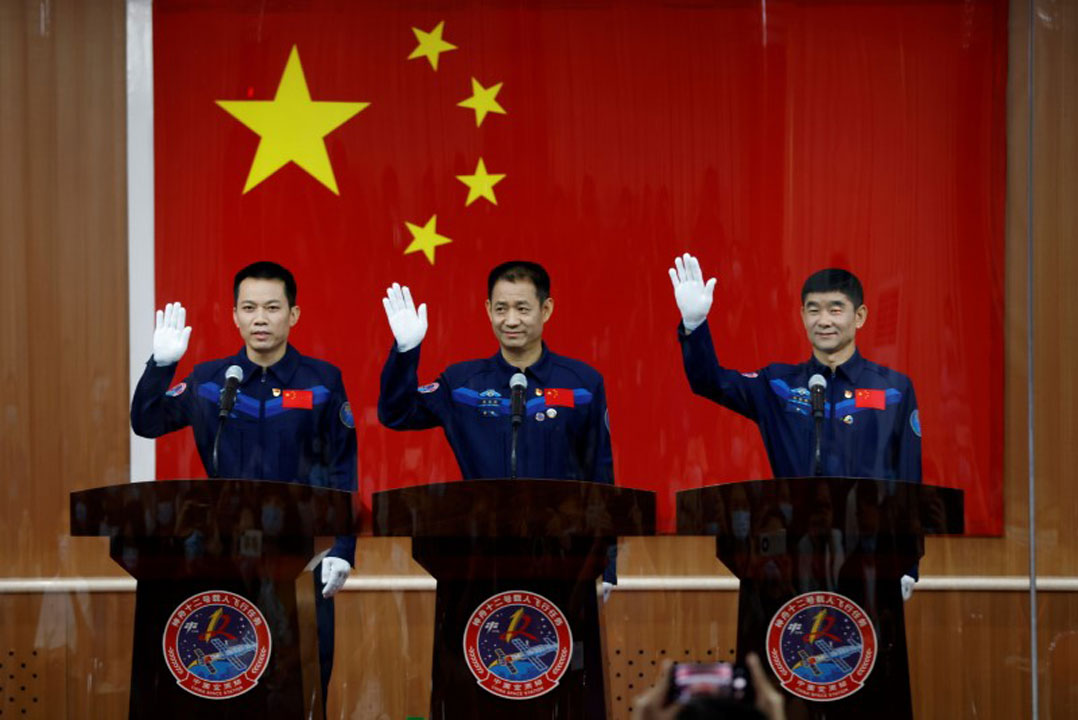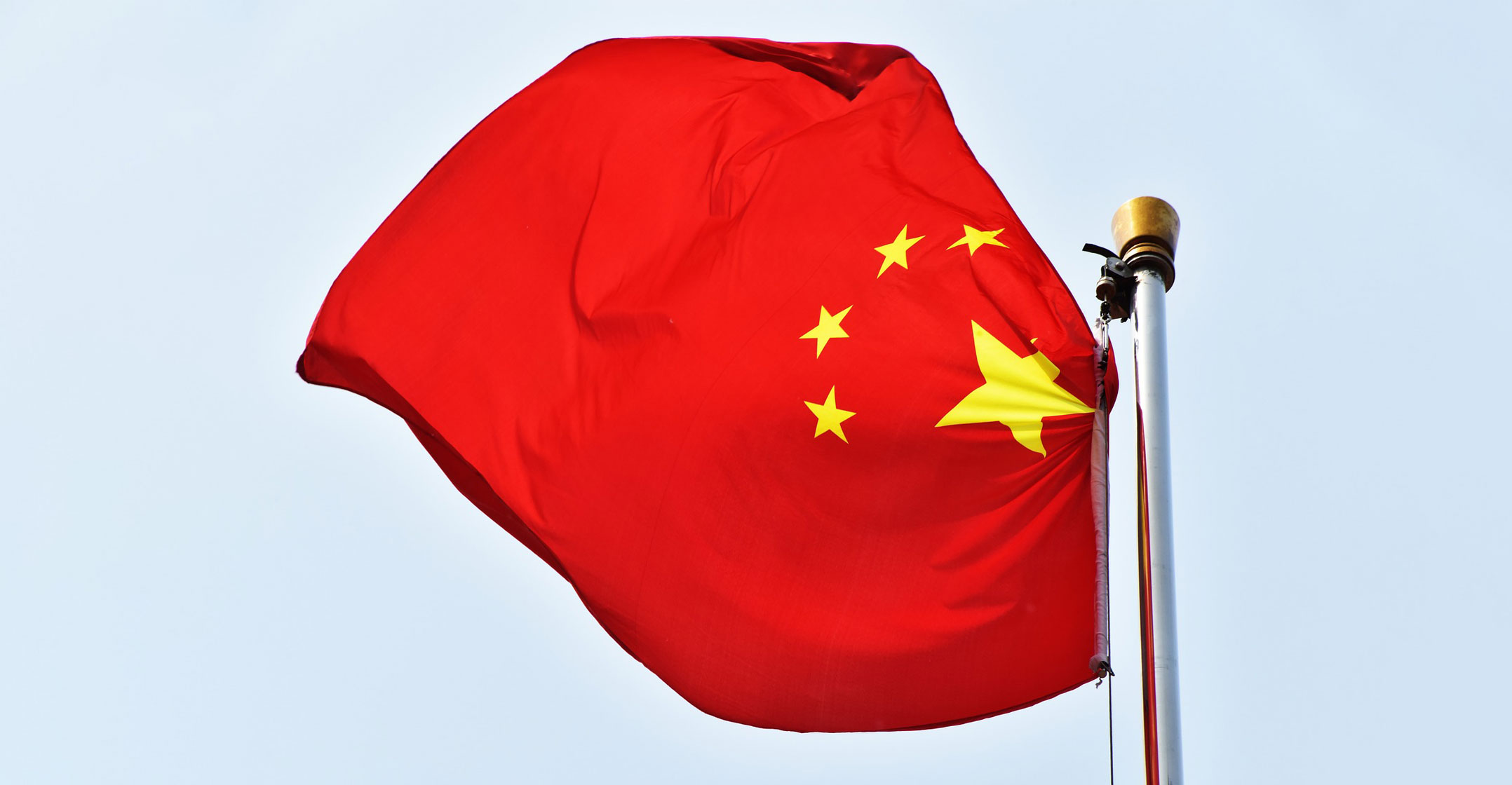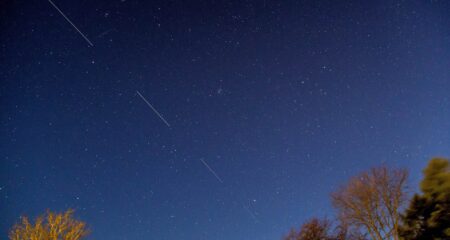
China will send three astronauts into orbit on Thursday in a high-stakes mission, the first of four crewed space flights to complete the country’s space station by the end of next year.
China will launch Nie Haisheng, Liu Boming and Tang Hongbo into orbit aboard the spacecraft Shenzhou-12 at 9.22am (3.22am South African time) on 17 June from Jiuquan in northwestern Gansu province.
Nie, 56, a former air force pilot, will be the oldest Chinese astronaut to go to space.
Shenzhou-12, meaning “Divine Vessel”, is the third of 11 missions needed to build China’s space station. Construction began in April with the launch of Tianhe, the first and largest of three modules.
The Shenzhou-12 crew are to live on the Tianhe, which means “Harmony of the Heavens”, a cylinder 16.6m long and 4.2m in diameter.
The three-month stay for Nie, Liu and Tang will be the longest for any Chinese astronauts, and one focus will be seeing how the men handle their relatively long time in orbit.
“The (mission) is longer this time, and not only do we have to set up the core module — this ‘home’ in space — we’ve to carry out a series of pivotal technical tests,” Nie told reporters in Jiuquan. “This mission is more arduous and the challenges are greater.”
Space walk
Shenzhou-12 will be Nie’s third space outing, the second for Liu, 54, and the first for Tang, 45. On Liu’s Shenzhou-7 mission in 2008, his first, he almost did not get to perform a space walk to plant the Chinese flag on the exterior of the spacecraft.
Liu, with the help of another astronaut, used a crowbar to pry open the hatch after it refused to budge. “We experienced some dangerous situations and encountered some difficulties on that mission,” Liu said on Wednesday. “The amount of time spent outside the cabin on this mission is much longer, and there will be many rounds of extra-vehicular activity. The mission has thus become extremely complex and tough.”
Chinese astronauts have had a comparatively low international profile.
 US legislation bars Nasa from any cooperation with China, and Chinese astronauts have not been to the more than two-decade-old International Space Station (ISS), which has been visited by more than 240 men and women of various nationalities.
US legislation bars Nasa from any cooperation with China, and Chinese astronauts have not been to the more than two-decade-old International Space Station (ISS), which has been visited by more than 240 men and women of various nationalities.
The ISS may be decommissioned in 2024 if the project does not receive new funding, and China could end up being the operator of the only space station in Earth’s orbit.
“After the completion of the Chinese space station, in the near future, we will see both Chinese and foreign astronauts jointly participate in the flight of the Chinese space station,” said Ji Qiming, assistant director at the China Manned Space Agency, told reporters in Jiuquan.
China’s space launches drew intense international attention last month after remnants of the rocket that carried the Tianhe module into space fell back to Earth with no official forecast of their expected landing location until literally the final minutes.
“We’re willing to carry out more extensive international exchanges and cooperation with other countries on the issue of debris from spacecraft and in space,” Ji said.
China’s last crewed flight mission was in 2016 when two men — Chen Dong and Jing Haipeng — were sent via the Shenzhou-11 spacecraft to Tiangong-2, a prototype of the space station where they later stayed for about a month. — Reported by Carlos Garcia and Shubing Wang, with additional reporting by Lusha Zhang, Roxanne Liu and Judy Hua, (c) 2021 Reuters




